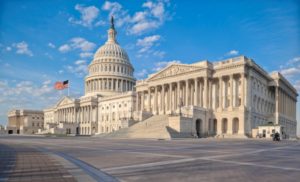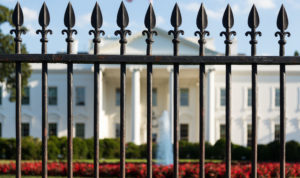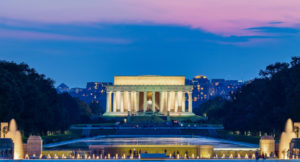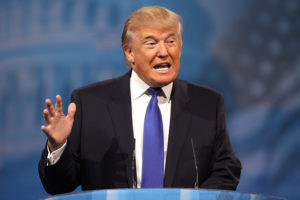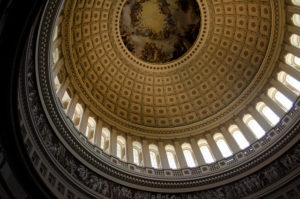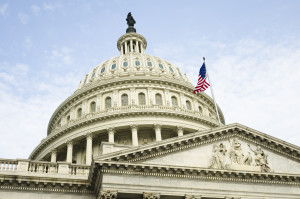Threatening Chevron Deference Threatens Government as a Whole
Scholar argues that overruling deference to agencies will constrain U.S. government action.
A Fili-Busted Balance of Power
The filibuster has caused Congress to give up its constitutional power to oversee the administrative state.
Assessing Stigler’s Economic Theory of Regulation
Despite its flaws and limitations, Stigler’s seminal article on the theory of economic regulation offers important lessons.
Protecting Adjudicators From Political Threats
Scholars argue that federal administrative law judges need more insulation from political pressures.
A Decade of Political Swings, and Consistency
Presidential administrations have taken dramatically different approaches to regulation over the last ten years.
Many Shades of the Green New Deal
Democratic primary candidates are competing to define the scale and scope of climate action.
The Ideological Origins of Deregulation
Much support for government deregulation originates from left-wing thought.
Donald Trump, the “Workers’ Party” Candidate, on Regulation
Experts argue that Donald Trump’s focus on jobs and worker impacts instead of the application of the net social benefits test is imprudent.
Making Profits by Disrupting the Regulatory Status Quo
Scholar explains the rise and expansion of startups that push the regulatory envelope.
The Elusiveness of Regulatory Capture
Regulatory capture is hard to pin down, its elusiveness stemming from four principal factors.
Exploring Regulatory Capture’s Unanswered Questions
Rent-seeking and profit-seeking behavior provide valuable insights into the concept of regulatory capture.
Finding the Middle Ground in Regulatory Reform
Commentator offers ideas for regulatory reform with bipartisan appeal.


